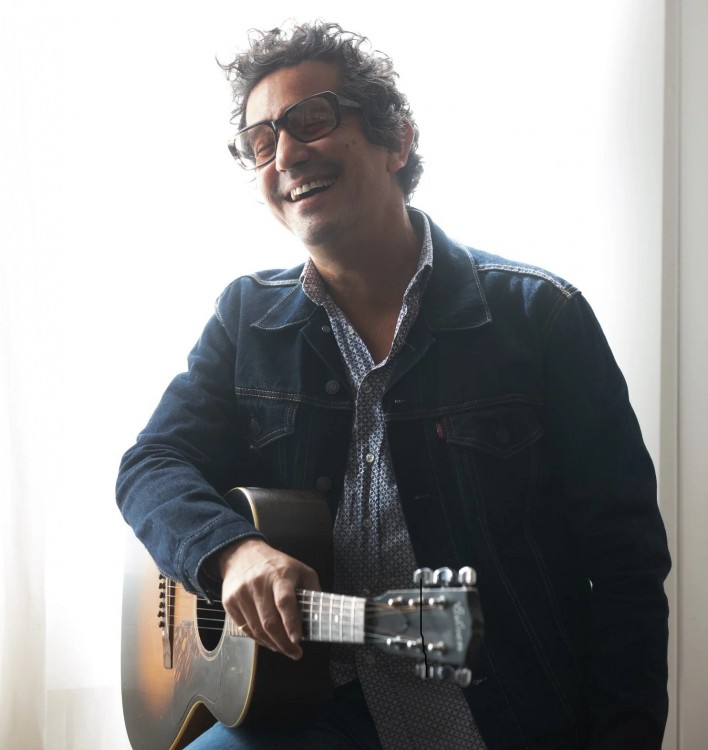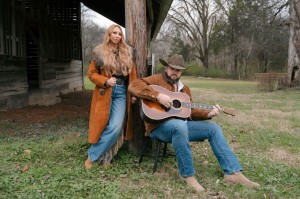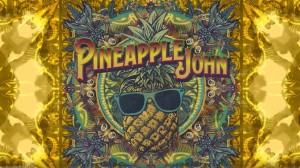A.J. Croce was just two years old when his young father, Jim Croce, died in a horrible plane crash in 1973 at the age of 30. Like so many who pass so young, we often don't realize the genius of the artist until they are gone.
Jim Croce gave us songs like "Operator," "Bad, Bad Leroy Brown," I Got a Name," "I'll Have to Say I Love You in a Song," and "You Don't Mess Around With Jim." But the one song that will be forever linked with Jim Croce is the megahit "Time In A Bottle," which he wrote after finding out his wife was pregnant with A.J.
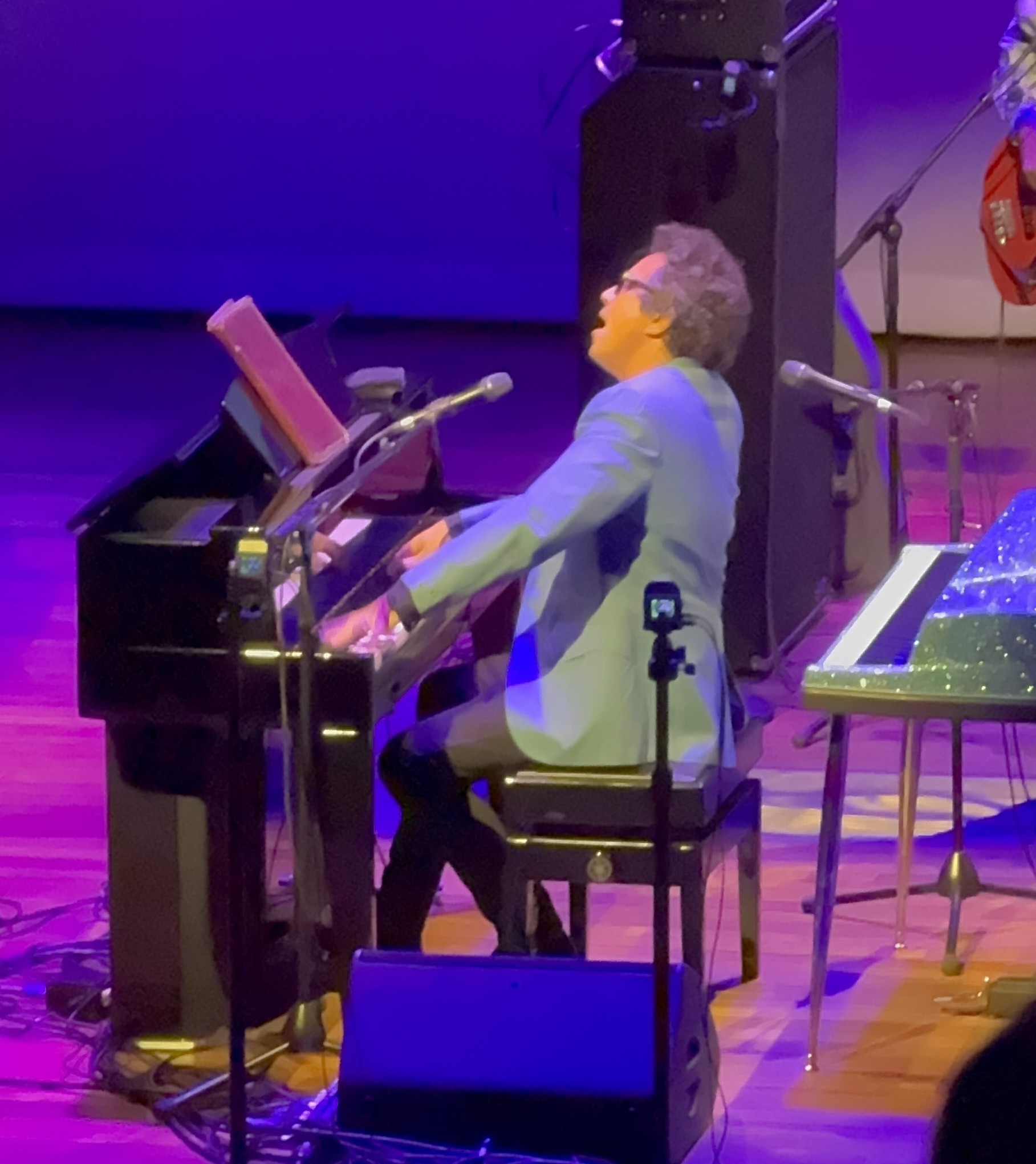
With his mother, Ingrid, also being a singer/songwriter, it was no surprise when A.J. took to piano/music at a very early age. He played "from the moment I could crawl up to a piano." After his father's passing, young A.J. continued to face many challenges. The piano became a lifeline for Croce, who suffered a total loss of eyesight from ages four to ten and turned to blind pianists like Ray Charles and Stevie Wonder for much-needed comfort and inspiration.
He stated, "My dad had a great record collection, and Ray Charles was my gateway drug. It was our deepest connection, in a certain way, because his music inspired me to play more than he did. It was hearing Ray Charles, and those great old piano players like Fats Waller. Then listening to Bessie Smith and the old blues and country that he had, from Lefty Frizell and Hank Williams, but also all of the R&B, soul, and rock and roll, like Little Richard and Otis Redding, both being from Macon, Georgia. All that music played a role in shaping me."
When Croce was 17, songwriter Mae Axton (Heartbreak Hotel) heard him play and contacted Cowboy Jack Clements, who at the time was an engineer at Sun Records in Memphis. She told him, "You've got to hire this kid." They flew him to Tennessee, unaware that he was filling in for Jerry Lee Lewis.
"I was there to record all these songs that Cowboy had written from the '50s onward. And it was Elvis Presley's band sitting there on the couch. I was just in absolute awe of what I had just walked into. I just had no idea what to expect. And that was the beginning of my relationship with Nashville, truly," Croce explained.
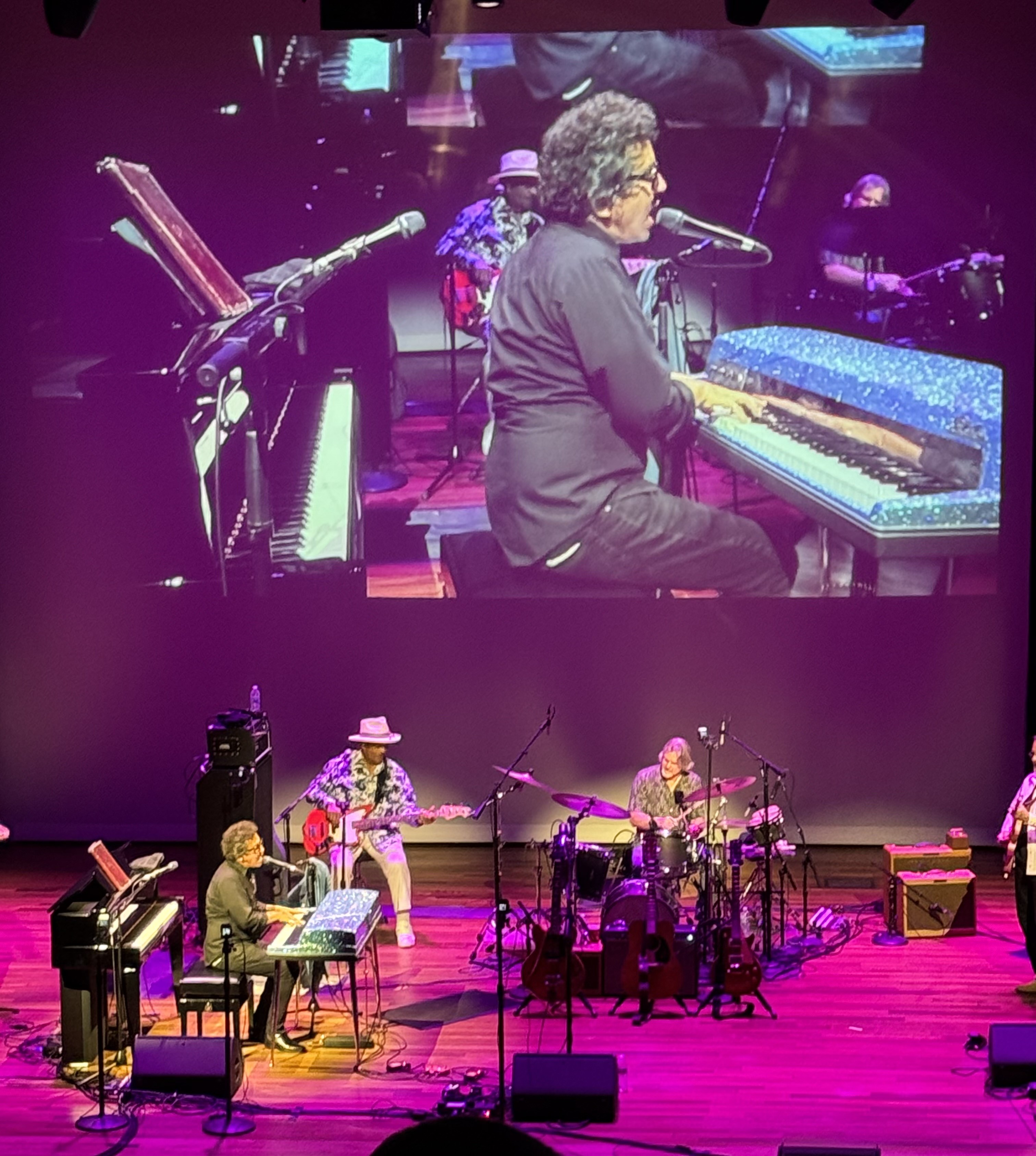
He became a piano virtuoso and started playing with the likes of B.B. King at just 18 years, and over the years has collaborated and performed with legends and luminaries across a wide range of genres, from Willie Nelson to Ray Charles, Leon Russell, Allen Toussaint, Neville Brothers, James Brown, Aretha Franklin, Bela Fleck, and Ry Cooder, to name a few.
Jim Croce made hundreds of home recordings before he would play his songs live. Once, when A.J. was a teen, he found a cassette tape of his dad playing some old bluesy school roots music. And it was many of the same tunes that he had recently discovered.
Croce shared. "I put this tape on. It was a reel-to-reel. He was practicing for a show. He was going to play at a little roadhouse bar out in the country, outside of Philadelphia, where I was born. And it was just one song after another that I had been playing since I was some of them since I was 12 or 13. There was a Fats Waller song, a deep cut, "You're Not the Only Oyster in the Stew," which was one of the four songs I recorded for my first demo at Columbia Records when I was 18. There were songs by Bessie Smith, Pink Anderson, Sunny Terry, and Brown and McGee, all of which had been part of my set at one time or another. It was eerie."
By age 19, Croce had begun songwriting and signed a record deal, refusing to be tied to a genre. "I had songs that I had written that I needed to sing," he shared.
In 2005, Croce released his first full-length album, Early On. In the song "That's Me In the Bar," you can hear a strong Ray Charles influence in the delivery, but the music itself gives off a Billy Joel "Piano Man" vibe.
"I was probably 20 when I wrote that and recorded it. I was barely able to drink, but the sentiment [of the song] is universal," he recalled.
While Croce got his start in Nashville and visited frequently to write, play, and record music, he didn't move there permanently until 2008. "When I mention I'm from Nashville, people say, 'Country Music,' but it's one of the most diverse cities musically." Since living there, he has recorded with legends like Steve Cropper, Robben Ford, and Vince Gill, among others.
Unfortunately, Croce's wife, Marlo, died in 2018 from a rare heart virus. He recalled, "For 28 years, I had a muse in my life. She was always honest about my work and never hesitated to say that she loved or didn't love something I wrote. She was a musical encyclopedia and understood references that only the most educated of critics could catch. The last song I wrote for her was 'Cures Just Like Medicine,' and like so many songs before, it was a love letter to my best friend."
When you see A.J. Croce in concert, there is a segment of his show where he takes requests. It is so popular that in 2021, he released an album of covers, called By Request, even though he is a prolific songwriter. One of his most popular covers was "Nothing from Nothing."
The interesting thing is that A.J. Croce didn't start playing his dad's music until 2019. He shared, "I didn't feel like it was right. I didn't feel there was any integrity in just capitalizing on his name or music. I needed to make a name for myself. I didn't want to be a cover band."
But now he has found a way to incorporate his own music alongside his father's covers in a tour called "Croce Plays Croce." On October 12, he played the packed-out Ryman, where his energy was off the charts. And while I thoroughly enjoyed the nostalgic covers, it was his own distinct songs that got my blood pumping.
One song that I heard was "Rollin' On," a track from his 2014 Twelve Tales LP. With jazz, swing, boogie-woogie, and ragtime influencing his piano playing, Croce could rival any of the keyboard maestros like Harry Connick, Jr., Elton John, or Jerry Lee Lewis. And while you can hear his extraordinary compositions on your favorite music streaming apps, seeing them performed live is next level.
I was thrilled to hear songs from his Heart of the Eternal record like "So Much Fun" and "Hey Margarita."
Croce wrote "So Much Fun" after the pandemic. As a bona fide people-person, he missed entertaining but learned quickly that it can be overwhelming. That's why the hopping song states, "It's so much fun to see them come/ But man, it's good to see them go." Many can relate.
His diversity was further showcased with the rocking, bluesy track "Hey Margarita." The bass guitar slaps, as Croce wails, "Hey, Margarita, I want to be your man. How you got me beggin', I don't understand."
Croce's voice perfectly matches his music style, and he plays guitar when the slower songs call for it. But seeing him bang that piano is worth every cent of your ticket — and more. If he has a show anywhere near you, go see him. Then come back and thank me.
Watch this teaser reel.
You can follow A.J. Croce on his website, Facebook, Instagram, YouTube, and all streaming platforms.
– – –
Bethany Bowman is a freelance entertainment writer. You can follow her blog, Instagram, and X.


